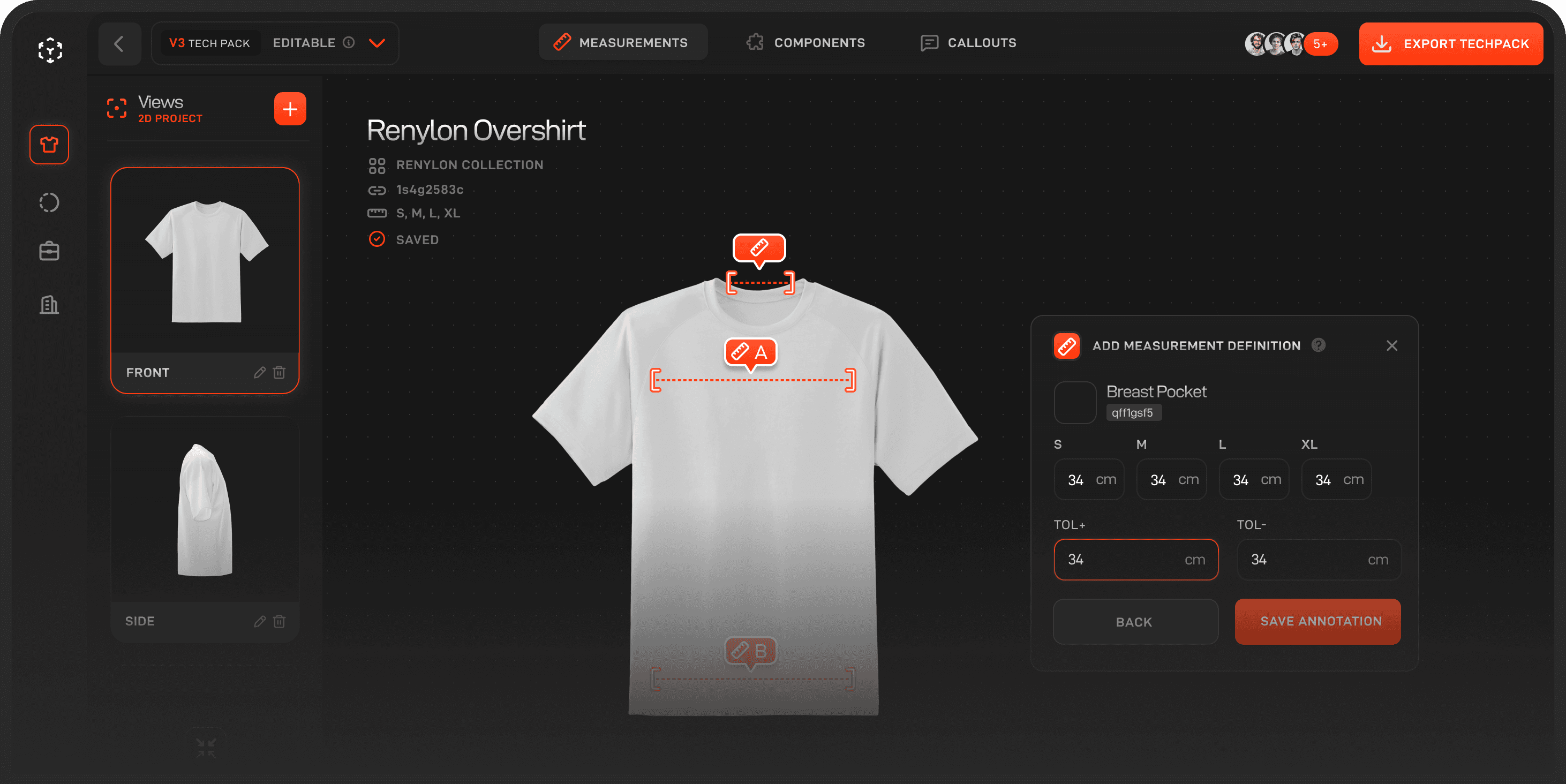As the fashion industry grows increasingly committed to ethical and sustainable practices, brands must navigate a complex landscape of sourcing and compliance challenges. Consumers are demanding greater transparency and accountability from the brands they support, emphasizing the importance of fair labor practices, environmental stewardship, and ethical sourcing. Product Lifecycle Management (PLM) software plays a vital role in managing these complexities, providing the infrastructure needed to support ethical fashion initiatives effectively.
The Growing Importance of Ethical Fashion
Ethical fashion focuses on creating garments that prioritize social responsibility and environmental integrity. Key principles include:
Labor Rights: Ensuring fair wages, safe working conditions, and respect for workers' rights across the supply chain.
Sustainable Material Use: Sourcing materials that minimize environmental impact and promote biodiversity.
Supply Chain Transparency: Offering consumers insight into sourcing practices and production conditions to foster trust and accountability.
How PLM Facilitates Ethical Sourcing and Compliance
Comprehensive Supply Chain Visibility: PLM systems provide a centralized hub for tracking and monitoring every stage of the supply chain. This transparency ensures that all sourcing and production activities align with ethical standards, allowing brands to address potential issues before they escalate.
Supplier Compliance Management: By integrating compliance tracking into PLM, brands can ensure that their suppliers adhere to labor laws, environmental regulations, and ethical sourcing guidelines. Automated alerts and real-time updates help maintain accountability and compliance across the network.
Sustainability Metrics and Reporting: PLM offers robust tools for capturing and analyzing sustainability data. These insights support data-driven decision-making, enabling brands to select materials and partners that meet their ethical criteria and report progress to stakeholders credibly.
Collaborative Partner Engagement: Effective ethical sourcing requires collaboration across all stakeholders in the supply chain. PLM enhances communication and coordination between brands, suppliers, and manufacturers, fostering cooperation toward shared ethical goals.
Risk Assessment and Mitigation: PLM systems incorporate risk management tools that enable brands to identify and address potential ethical sourcing issues proactively. By understanding risk factors, brands can implement strategies that mitigate negative impacts and enhance supply chain resilience.
Overcoming Challenges in Ethical Fashion with PLM
Implementing PLM for ethical fashion initiatives involves overcoming certain challenges:
Integration Complexity: Seamlessly integrating PLM with existing business processes and systems requires planning and coordination.
Cultural Shifts: Transitioning to an ethical sourcing model may require organizational changes in culture and operations. Employee training and engagement are essential for successful adoption.
Brands can address these challenges by collaborating with experienced PLM providers who offer tailored solutions and comprehensive support throughout implementation.
The Future of Ethical Fashion with PLM
As PLM technology continues to evolve, its integration with AI, machine learning, and blockchain will further enhance ethical sourcing capabilities. AI-driven insights will refine risk assessments and optimize material selections, while blockchain will ensure immutable records of sourcing practices and compliance.
Conclusion
In today’s fashion landscape, ethical sourcing is no longer just an option—it is a necessity for brands seeking to meet consumer expectations and operate responsibly. PLM software provides a powerful framework for managing these complexities, supporting brands in their quest to align business practices with ethical values. By embracing PLM, fashion brands can enhance transparency, strengthen supplier relationships, and achieve compliance with industry standards, ultimately contributing to a more ethical and sustainable future. As the industry continues to evolve, those who lead the charge in ethical fashion will set new standards for innovation and integrity, shaping an industry that respects people and the planet.

Sam Lillicrap
CEO OF LIFECYCLE FASHION PLM
Continue Reading













